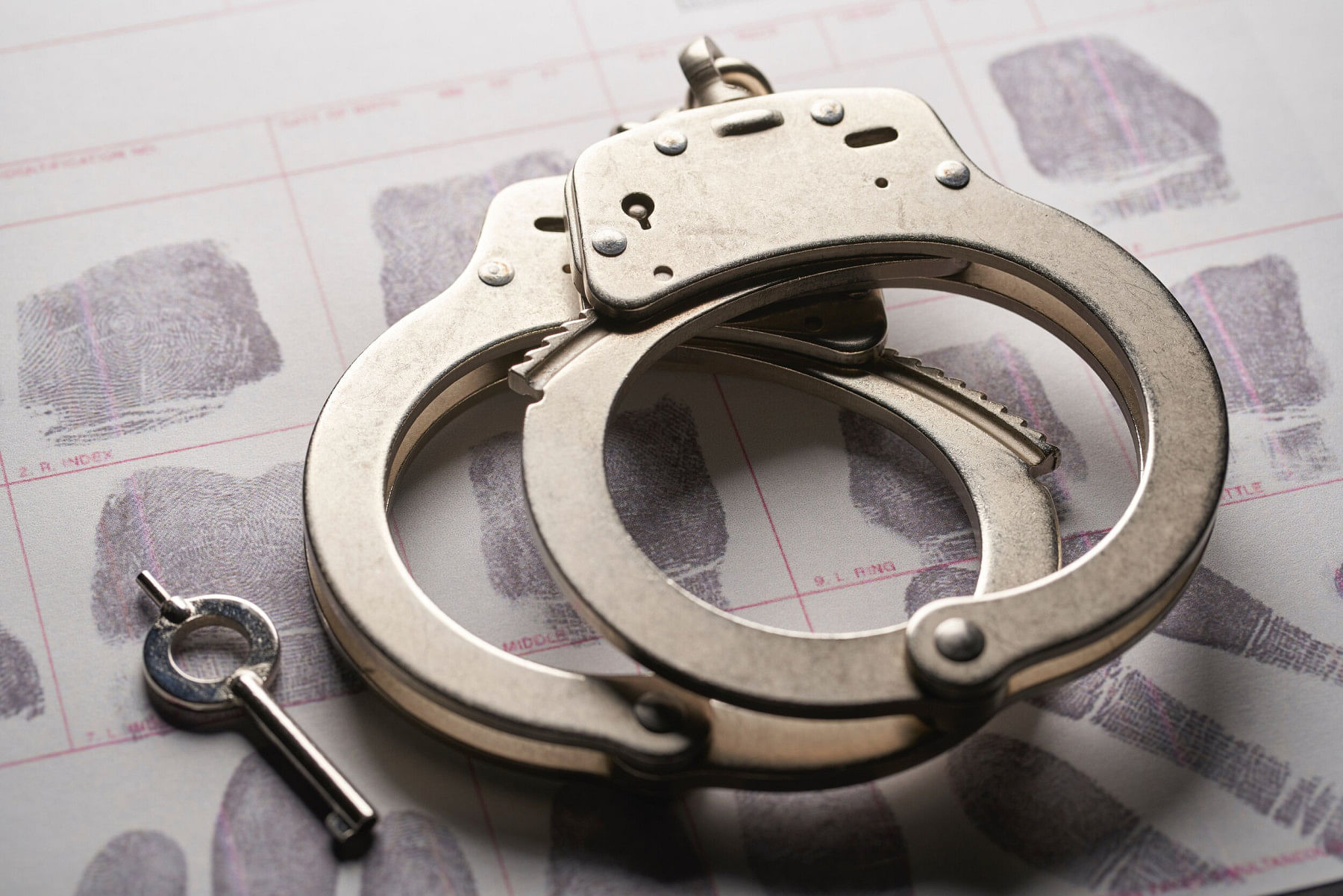
Boating While Intoxicated Defense Attorney in Texas
Operating a boat while under the influence of alcohol or drugs, known as Boating While Intoxicated (BWI), is a serious charge in Texas. Chris Denuna, a seasoned Texas defense attorney, understands the gravity of these charges and offers experienced legal representation to those facing BWI allegations. With Texas being home to numerous lakes, rivers, and coastlines, BWI cases are more common than many realize, making it essential to have a knowledgeable attorney by your side.

Find out how we can fight your DWI charges. Call (713) 257-8889 or click the button below to arrange a free consultation.
Understanding BWI Laws in Texas
In Texas, Boating While Intoxicated falls under similar legal standards as Driving While Intoxicated (DWI). The Texas Penal Code classifies BWI as operating a watercraft while having a blood alcohol concentration (BAC) of 0.08% or higher. However, even if your BAC is below the legal limit, you can still be charged if an officer believes you are impaired by alcohol or drugs to the point where you cannot safely operate the vessel.
Key Points About BWI Charges in Texas:
Definition of Watercraft: Texas law defines a "watercraft" as any type of vessel used for transportation on water, including motorboats, sailboats, jet skis, and other recreational vessels.
Implied Consent: Just like with DWI cases, when you operate a watercraft in Texas, you are subject to implied consent laws. This means you must submit to a breath or blood test if law enforcement suspects you are intoxicated while boating.
Penalties for BWI: A BWI conviction can lead to harsh penalties, including fines, jail time, community service, and loss of boating privileges. If it’s a repeat offense or if there are aggravating factors such as an accident resulting in injury or death, the penalties increase significantly.

You have 15 days to
save your license
If you've been arrested for a DWI in the state of Texas, you are facing two cases against you. The first one is the criminal case by the state of Texas, and the other is by the Texas Department of Public Safety to suspend your license.
Defending Against BWI Charges in Texas
Chris Denuna provides a personalized and strategic approach to defending clients against BWI charges. His experience in Texas law enables him to challenge the evidence and procedures used by law enforcement during a BWI arrest. Common defenses in BWI cases include questioning the accuracy of field sobriety tests, the legality of the stop or arrest, and whether the proper procedures were followed during the collection of BAC samples.
Potential BWI Defense Strategies:
Challenging Field Sobriety Tests: Conducting sobriety tests on a boat can be unreliable due to factors such as unstable water surfaces and environmental conditions. Chris Denuna may challenge the results of these tests if they were improperly administered.
Questioning BAC Results: The accuracy of breath or blood tests can be influenced by several factors, including faulty equipment or improper handling of samples. Chris Denuna will scrutinize the testing process to ensure your rights were not violated.
Invalid Stop: In some cases, law enforcement may not have had reasonable suspicion to stop your boat. If the stop was unlawful, any evidence obtained may be inadmissible in court.
Why Choose Chris Denuna for Your BWI Defense?
As a Texas-based defense attorney, Chris Denuna is well-versed in the nuances of state laws regarding Boating While Intoxicated. His local knowledge, combined with a proven track record in criminal defense, ensures that his clients receive the highest quality legal representation.
Chris is committed to protecting your rights and guiding you through the complexities of the legal system. He understands that a BWI charge can have long-lasting consequences on your personal and professional life, which is why he fights diligently to minimize the impact of these charges.
Penalties for Boating While Intoxicated in Texas
The penalties for a BWI conviction can be severe, especially for repeat offenders. First-time offenders can face:
- Up to $2,000 in fines
- Up to 180 days in jail
- Loss of boating privileges
- Community service requirements
For subsequent offenses, the penalties escalate, with second offenses carrying fines up to $4,000, and third offenses resulting in felony charges, leading to up to $10,000 in fines and significant prison time. Additionally, a BWI conviction can result in a permanent criminal record, affecting employment and other aspects of life.
Contact Chris Denuna for Confident BWI Defense
If you are facing Boating While Intoxicated charges in Texas, it’s crucial to seek legal representation immediately. Chris Denuna has the experience and knowledge to defend your rights and fight for the best possible outcome in your case. Whether this is your first offense or you have prior convictions, Chris will craft a defense strategy tailored to your situation.
Call today for a consultation and start building your defense against BWI charges with a dedicated and experienced Texas defense attorney.
Experienced DWI
Defense Lawyer
If you have a case and want an attorney who will instill fear in the prosecution and DA, call or message Chris today!


